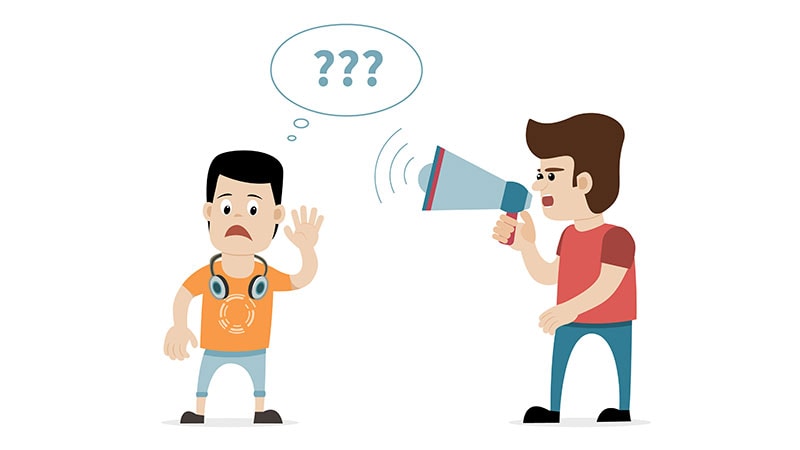As many as 1.35 billion young people worldwide are at risk of hearing loss due to “unsafe listening,” a new study shows.
The study found that as many as 1 in 4 people ages 12 to 34 are exposed to dangerous noise levels via “personal listening devices,” such as high volume settings on smartphones, and nearly half of people those ages experience damaging noise levels at entertainment venues.
“To our knowledge, this review is the first published article to estimate the prevalence of exposure to unsafe listening practices in adolescents and young adults and its global burden,” the authors wrote. “These estimates are needed to communicate the urgency of [prioritizing] hearing loss prevention to governments, industries and other stakeholders responsible for implementing policy.”
Published this month in BMJ Global Health , the researchers evaluated data combined from 33 studies of “unsafe listening” among people ages 12 to 34. Unsafe listening was defined in the study as exposure to greater than 80 decibels for at least 40 hours a week. (For context, city traffic is about 80 decibels, according to a list of sounds that can cause hearing loss from the CDC.)
Research has shown that both single instances and repeated exposure to high volumes can damage hearing, potentially permanently, and the effects can build up during a person’s lifetime. Hearing loss is associated with poor academic performance, reduced economic mobility, and health problems, the study authors said.
They encouraged more be done to educate people on how to prevent hearing loss and for policymakers to take action. The CDC suggests turning down the volume or taking listening breaks, using hearing protection such as earplugs, and keeping children away from loud music or equipment at home, among other tips to protect from hearing loss.
Sources:
BMJ Global Health: “Prevalence and global estimates of unsafe listening practices in adolescents and young adults: a systematic review and meta-analysis.”
CDC: “What Noises Cause Hearing Loss?” “How Do I Prevent Hearing Loss from Loud Noise?”
Source: Read Full Article
